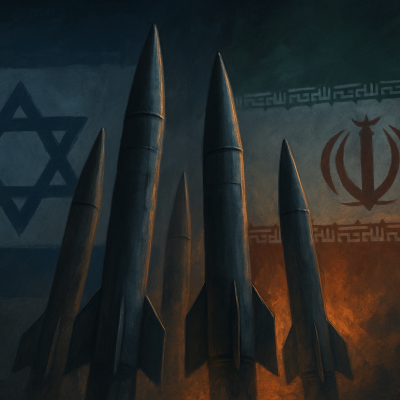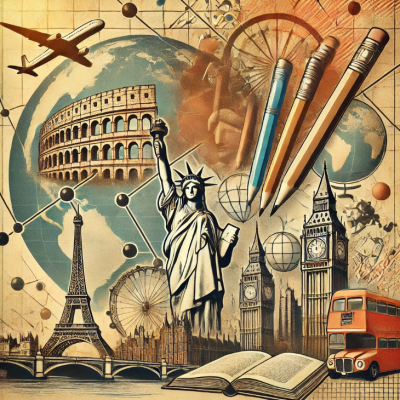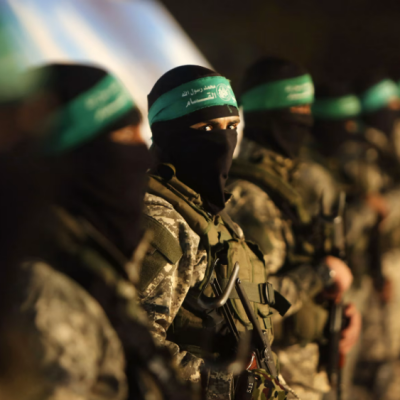Satoshi Ikeuchi, Professor, Religion and Global Security, University of Tokyo
Indirect talks between Iran and the United States which has been held in Vienna will be shelved until the new Iranian administration is formed. The talk which seeks to revive the JCPOA agreement between Iran and the six world powers, has been repetitively reported to be close to agreement. The negotiation has been driven by Iranian President Hassan Rouhani and Foreign Minister Mohammad Javad Zarif who were behind the 2015 agreement.
On side of the United States, former President Trump unilaterally withdrew from JCPOA in 2018. The election win by the President Biden overturned the trend and put priority in reaching a new agreement to revive JCPOA.
The election win on June 18 in Iran by the conservative jurist Ebrahim Raisi again overturned the trend. The negotiation on the renewed JCPOA is likely to be frozen until the new government under the next President Raisi is formed in August.
Is it a deplorable situation?
Certainly, Iran will take a tough stance in the negotiations on the revival of the JCPOA under the new President, and the new Foreign Minister will not be friendly like the present one.
This will, however, eliminate the duality that has made Iranian politics opaque which gave uncertainty to the diplomacy with Iran.
In the past, there has been difference between the power center of Iranian regime which is dominated by conservative jurists with the Supreme Leader at the top and the revolutionary guard corps who are adamant in maintaining the domination of hardline revolutionary coercive apparatus.
Moderate and sometimes reformist leaders or technocrat tended to have offices of President and Foreign Minister and had cordial relations with the Western powers.
The problem was that there were uncertainty how far the presidents and foreign ministers reflect true intention of the Supreme Leader and the deep power center of the regime, even though Presidents and Foreign Ministers were supposed to be the representative agents of the Supreme Leader on administrative and diplomatic matters.
There had to be a constant lack of certainty whether promises made by the Iranian Presidents or Foreign ministers would be upheld and supported by the Supreme Leaders, sidelining the opposition or rejection by the hardline Revolutionary Guard Corps.
Now that the new President Raisi is a close associate of the Supreme Leader, this lack of certainty will be over and for the first time in long years, the dual state of political power in Iran will be
Indirect talks between Iran and the United States which has been held in Vienna will be shelved until the new Iranian administration is formed. The talk which seeks to revive the JCPOA agreement between Iran and the six world powers, has been repetitively reported to be close to agreement. The negotiation has been driven by Iranian President Hassan Rouhani and Foreign Minister Mohammad Javad Zarif who were behind the 2015 agreement.
On side of the United States, former President Trump unilaterally withdrew from JCPOA in 2018. The election win by the President Biden overturned the trend and put priority in reaching a new agreement to revive JCPOA.
The election win on June 18 in Iran by the conservative jurist Ebrahim Raisi again overturned the trend. The negotiation on the renewed JCPOA is likely to be frozen until the new government under the next President Raisi is formed in August.
Is it a deplorable situation?
Certainly, Iran will take a tough stance in the negotiations on the revival of the JCPOA under the new President, and the new Foreign Minister will not be friendly like the present one.
This will, however, eliminate the duality that has made Iranian politics opaque, adding uncertainties in the Western effort in discerning the true intention of the Iranian power center.
There has been much room for discrepancy between the will of the actual power center of the Iranian regime and that of diplomats who keep cordial relations with the Western policy makers. The power center in Tehran is dominated by conservative jurists with the Supreme Leader at the top and the revolutionary guard corps who are adamant in maintaining the domination of hardline revolutionary coercive apparatus.
Moderate and sometimes reformist leaders or technocrat tend to have offices of president or foreign minister and very good at coping with the Western diplomats.
It’s not clear how far the presidents and foreign ministers reflect true intention of the Supreme Leader and its inner circle, even though presidents and foreign ministers are supposed to be the representative agents of the Supreme Leader on the administrative and diplomatic matters.
There has been a constant lack of certainty whether promises made by the Iranian presidents or foreign ministers are to be upheld and supported by the Supreme Leaders, sidelining oppositions and rejections by the hardline Revolutionary Guard Corps.
Now that the new President Raisi is a close associate of the Supreme Leader, this lack of certainty will be put an end and, for the first time in long years, the dual state of political power in Iran will be dissolved. The true face and the real intention or Iran will emerge.





